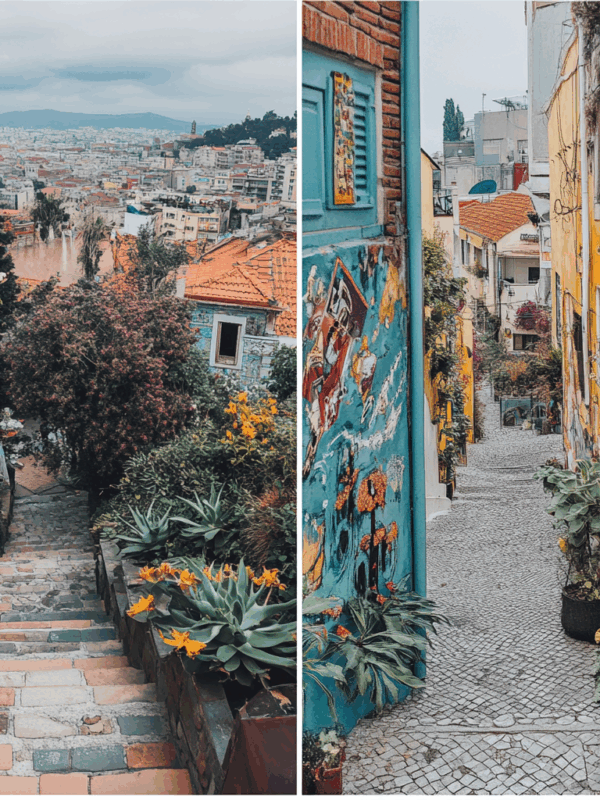So you’ve found your dream digital nomad destination — now you’re ready to apply for that shiny new visa and live the remote life, right?
Not so fast.
Thousands of applicants are rejected or delayed every year due to missing documents, vague income proof, or failing to read the fine print.
Before you apply, there are critical steps you must take to give yourself the best shot at a fast approval.
✅ 1. Check If You Even Qualify (Today)
Visa rules change often — and “open” doesn’t mean “easy.”
Make sure you meet the latest requirements, including:
- Minimum monthly income
- Type of employment (freelancer, contractor, remote employee)
- Country of origin restrictions
- Tax or health insurance coverage
🧠 Pro Tip: Read the official government website, not just blogs.
✅ 2. Prepare Your Financial Proof — the Right Way
Don’t just send a screenshot of your PayPal balance.
Most embassies require:
- 3–6 months of recent bank statements
- Documents showing consistent income
- Employment contracts or business invoices
🧠 Use your primary bank (not Revolut, Wise, or crypto wallets — unless accepted).
✅ 3. Get a Valid Remote Work Contract or Business Certificate
You’ll usually need to prove:
- You work for a non-local company
- Or run a location-independent business (with registration docs)
If you’re self-employed, consider:
- A letter of explanation
- Client contracts
- Business registration in your home country
✅ 4. Sort Out Health Insurance Before You Apply
Many nomad visas require:
- Private international health insurance
- Coverage for hospitalization, emergencies, and sometimes COVID
📌 Recommended: SafetyWing, Cigna Global, or IMG Global
✅ 5. Gather Legal Documents (And Translate Them)
Prepare digital and printed copies of:
- Passport (with 6+ months validity)
- Birth certificate (some countries ask)
- Police clearance or background check
- Degree or education certificates (optional, but helpful)
🧠 Use certified translators if the embassy asks for official translations.
✅ 6. Check Your Passport’s Blank Pages & Expiration Date
Most countries want:
- At least 2 blank pages
- At least 6 months validity left
If you’re even close to the limit, renew it now — don’t risk rejection.
✅ 7. Get a Local Address Ready (Even Temporary)
Some applications ask for:
- Proof of accommodation
- Rental contract or booking confirmation
📌 Book a refundable Airbnb or short-term apartment you can show in the application.
✅ 8. Make a Visa Appointment Early
Visa appointments can be delayed by weeks or even months depending on your country.
Book your slot even before you finish gathering documents.
📌 Especially true for countries like Spain, Portugal, and Mexico.
✅ 9. Back Up Everything Digitally (and Organize It)
Use Google Drive or Dropbox and label every file:
- “01_Passport.pdf”
- “02_BankStatements_Jan-Mar.pdf”
- “03_InsuranceConfirmation.pdf”
🧠 It saves time and helps if you need to reapply or change consulates.
✅ 10. Have a Plan for Taxes & Residency
Staying too long in one country might make you tax-resident.
Some nomad visas exempt income taxes, others don’t.
📌 Consider speaking with a nomad-friendly tax advisor for:
- Portugal, Spain, Thailand, Mexico, etc.
✅ Bonus: Download Our Visa Prep Checklist (PDF)
Want a printable checklist of everything above?
[Coming soon – Let me know if you’d like one designed!]
💡 Conclusion
Applying for a digital nomad visa isn’t hard — but doing it right takes preparation.
The people who get approved fastest are the ones who come prepared with: ✔️ Bank statements
✔️ Employment proof
✔️ Health insurance
✔️ Clean documentation
✔️ A plan
📩 Subscribe to Live Your Life for more nomad visa tips, remote work resources, and budget travel hacks — straight to your inbox.
 Live Your Life !
Live Your Life ! 